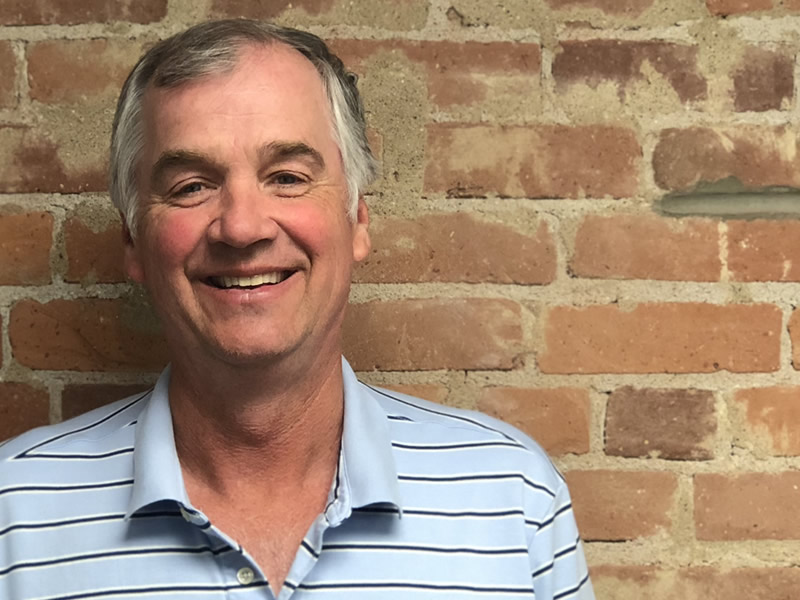“We screen for attitude and train for aptitude.”Dan Weeks, SLO Partners
Dan Weeks has precisely the type of personality you want in a mentor. Upbeat, optimistic, boundless business savvy and is a committed citizen. Dan spent most of his career at HP, which was famous for their corporate culture, The HP Way. Dan started off our interview by reciting their core idea: Catch people doing something right.
He’s a part of SLO Partners, who, in conjunction with the SLO County of Education, the Economic Vitality Corporation and the leadership of San Luis Obispo are working to solve an impending economic reality that is coming in seven years. The challenge is to solve the problem of the closing of the Diablo Canyon nuclear power plant which is estimated to have a $1B economic impact on the community and be closed by 2025.
Communities all over the country have had to deal with the issue of industries leaving the area. Examples are numerous, steel plants closing, furniture manufacturing moving to China, endless businesses disrupted by technologies that make them obsolete.
The SLO Partners builds on a combination of education and business, as exemplified at the SLO Hothouse, where Dan is an entrepreneur in residence. He and the other co-founder, Michael Specchierla of the County Office of Education, have implemented a program to train tech employees and build a new workforce.
As the tech sector is growing by leaps and bounds in SLO, there’s increasing demand for a trained workforce. Dan says after talking with business leaders and owners, they heard, “We want competent people everyone wants to work with.” They were looking for people who’d make great team members, not just skilled workers.
They’ve created a curriculum in conjunction with CompTIA’s IT-Ready Career program, which assesses, trains, certifies and places unemployed and under-employed adults in their first jobs in the tech field, which has a shortage of qualified workers. The program has had two cohorts and promises to be a success. The program solves one piece of the puzzle if SLO is going to find a way to replace that $1B that will eventually go away. You get a sense of confidence and optimism in listening to Dan that they’re going to be successful.

